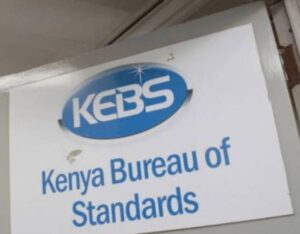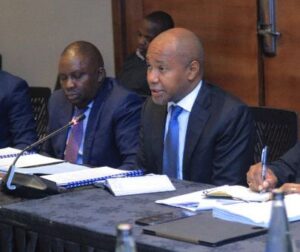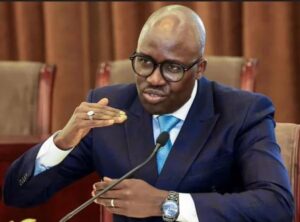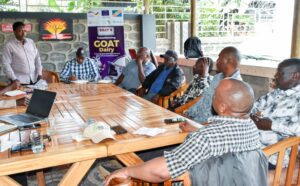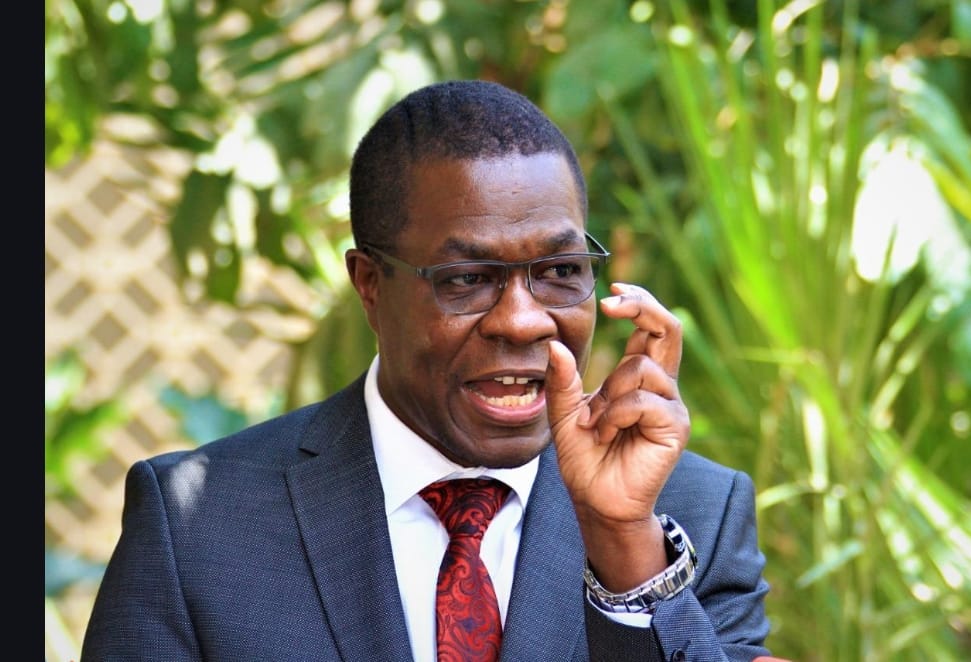
Energy Cabinet Secretary Opiyo Wandayi. Photo | courtesy.
Energy Cabinet Secretary Opiyo Wandayi has announced that the Ministry of Energy will require an additional Sh2.54 billion in financial and technical resources over the next two years to implement its planned clean energy initiative.
This comes as the government intensifies efforts to grow the energy sector in response to the increasing demand for electricity and other energy needs.
The investments are part of broader government plans to boost the share of renewable energy, which currently stands at 93 percent
According to Wandayi, this funding will be sourced from the Government coffers, development partners, private sector partnerships (PPP) and through the application of ICT and stakeholder collaboration to mobilise technical resources.
“To implement the strategic plan effectively and efficiently, both financial and technical resources are required. An estimated total financial requirement of Sh2.54 trillion is required,” said Wandayi in the strategic plan report launched Monday.
ALSO READ: Olkaria Geothermal Upgrade Powers Kenya’s Green Energy Goal
The Cabinet Secretary noted that the plan provides the Ministry with a clear framework to guide its operations and track progress toward achieving Kenya’s socio-economic development goals.
Between 2023 and 2027, as energy and fuel demands continue to rise, the government will prioritize the exploration and development of oil, gas and other untapped energy sources.
Additionally, the Ministry aims to boost electricity generation, improve access to power and advance renewable energy through global technologies and regional collaborations.
“This strategic plan seeks to align the energy sector with emerging global trends such as the adoption of renewable energy, clean cooking technologies, e-mobility and environmental conservation,” he said.
The new plan will be looking to build on the 2022 to 2025 strategic plan that had, in pursuit of exploration and development of oil and gas discoveries, produced a total of 415,032 barrels of crude oil, out of which 414,777 barrels were exported under Early Oil Pilot Scheme.
Part of the allocated funds will also go toward completing preliminary work on the 824-kilometer crude oil pipeline from Lokichar to Lamu.
To improve access to Liquefied Petroleum Gas (LPG) among low-income households, a pilot program distributed 35,000 six-kilogram LPG cylinders, each equipped with burners and grills.
